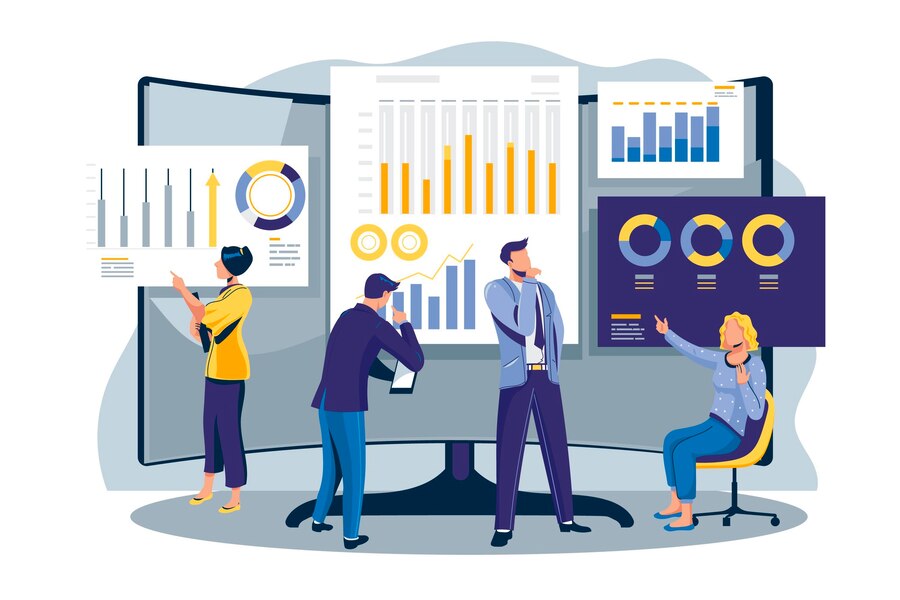Kuch log samay se peeche rah jaate hain,to kuch samay ke saath chalte hain, par unka kya kar loge jo samay se aage nikal jaate hain”.
Dear aspirants of CLAT-2020, cracking the CLAT has always been a herculean task because of increasing number of competitors and the higher quality of questions asked from different areas of knowledge. Here I give some tips, as per my experience in the field of law, to crack this prestigious exam of this country:
- Aspirants should read thoroughly the syllabus of CLAT.
- They are expected to read and analyze the old question papers of CLAT.
- Aspirants should read and prepare the basics of Constitution of India, Here the Textbook of Constitutional Law written by DD Basu is very essential. The provisions of the Constitution of India not only covered under law but also part of general knowledge. Therefore, its detailed study is very important.
- Aspirants are expected to know about some of the basic laws of the country, e.g. The Indian Penal code,1860,Contarct Act,1872, Family Law ,Commercial Law and Law of Tort etc.
- Aspirants should be aware about the latest appointments on various posts in the governance of the country, e.g. CJI of India, Chairperson of NHRC, Attorney general Of India etc. They should know the general knowledge in the field of law not only in India but also worldwide.
- Aspirants should study the general knowledge thoroughly. It includes developments in science and technology, history and geography ,generally and specially of India. The freedom movement and pre-independence legal /constitutional reforms should be given studied preferably.
- Last but not the least students should read at least one national news paper daily and make some notes on important news about the country and the world. They should read the scholarly articles of News paper and analyze it so that, that could develop their analyzing skill to find out the answer of the questions from the extract of the passages.
Apply for National Mock CLAT 2020 at
https://karnavatiuniversity.edu.in/mock-tests/
Author:
Dr. Sanjay Kumar Pandey, Associate Professor & Director, CCJR, Unitedworld School of Law (UWSL)






